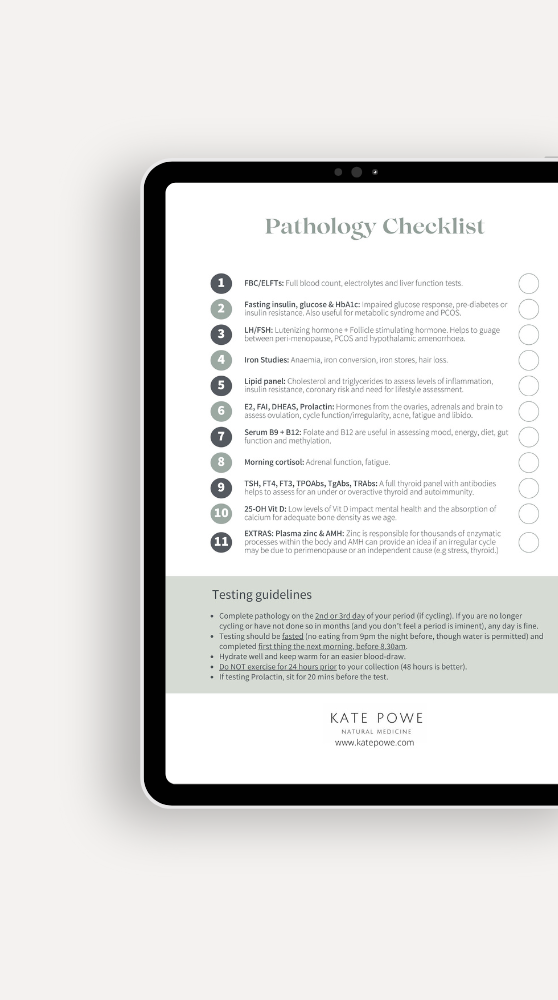What Is Stress?
Stress isn’t just being overworked or over-partied (though they are biggies in the scheme of things. I’ve written all about how to get through the festivities unscathed. Just Click here for my 4 Top Tips)
There are 3 broad categories of stress:
- Physical (too much exercise, poor posture, heavy labour etc);
- Chemical (toxins from chemicals and heavy metals, smoking/drinking, wifi etc); and
- Mental/Emotional (grief, moving house, new job etc) and each of them cause the body to respond via 3 specific stages of stress management called the General Adaptation Syndrome
The 3 Types of Stress
| Physical | Chemical | Emotional |
| Long hours
Heavy labour Exercise Lack of sleep Postural strain Trauma/infection Overheating/ cooling Surgery Injury |
Nutritional deficiencies
Food allergies/intolerances Dehydration Toxicity from chemicals/pesticides Heavy metals Radiation Pathogens Air/gas balance Home cleaning products Plastics: new cars, water bottles (BPA) Water: copper pipes/fluoride Wifi/mobile phone radiation |
Depression/anxiety
Frustration/fear Divorce/betrayal Loss of relationship or partner Grief/bereavement Loss of, or new, job Financial/career pressure Working long hours Moving house/city Low self-esteem Perfectionism Life purpose dissatisfaction |
Stages of Stress (The General Adaptation Syndrome)
1. Fight or Flight (Alarm) Response occurs during a confrontation with a stressful situation. It causes the release of adrenaline, noradrenalin and cortisol from the adrenal glands.
These hormones direct blood toward the muscles and limbs allowing the individual to either fight or flee.
During this phase, the pupils of the eyes dilate and alertness increases.
When the stressful situation subsides, the increased production of adrenaline, noradrenalin and cortisol reverts back to normal.
2. The Resistance Phase, or Adaptive Phase is characterized by adaptation which involves learning to cope with a perceived threat (stressor).
During the Resistance Phase, cortisol receptors in the hypothalamus of the brain become less sensitive to the negative feedback mechanism that produces calm and balance after “Fight or Flight”.
This causes increased cortisol and results in a number of symptoms and conditions controlled by the Hypothalamus-Pituitary-Adrenal Axis (HPA). Ideally, the Resistance Phase continues until the stressful situation is resolved, leading to a return to the resting state. However, some of the stress-induced conditions caused by prolonged Resistance Phase include: headaches, insomnia, hypertension (high blood pressure) and a potential for cardiovascular disease.
3. Exhaustion occurs when the capacity for Resistance (Adaptation) is overwhelmed. Exhaustion of adaptive capacity results in further stress-induced diseases.
This stage is characterized by depletion of Energy.
The Exhaustion Phase of continued stress can eventually lead to adrenal insufficiency or total shutdown of the adrenal glands.
Symptoms Of Hypoadrenia (Low Adrenal Function or Adrenal Fatigue)
- Asthma: noradrenalin constricts airways
- Chronic upper respiratory tract infections: from low immune function
- Hay fever/rash: low B6 = low histamine
- Colitis: low cortisol = low inflammatory response
- Stomach ulcers: low digestive enzymes = helicobacter pylori
- Rheumatoid arthritis, headache
- Obesity: low muscle mass/high body fat
- Heart palpitations/depression/learning difficulties: low omega 3 esp. DHA
- Fainting: low blood pressure; or just feel sick!
Quick Test for Adrenal Stress – Seargent’s White Line Test
To do this test, scratch the surface of the inner forearm on one side firmly but gently for about 6 inches • with a fork or similar object. The scratched areas will turn white. If the lines turn red within 15-20 seconds, it indicates adequate adrenal activity. If the lines turn red sooner, it can indicate excessive adrenal activity or fast oxidation rate. If the lines stay white for 20-30 seconds or more, it can indicate sluggish adrenal activity or slow oxidation.
My Two Favourite Stress-Combatting Nutriceuticals
Magnesium
Stress causes depletion. Magnesium also improves function of the adrenal glands and is essential in the methylation process, contributing to the ability to produce and clear the neurotransmitters serotonin and dopamine.
Phosphatylserine
Phosphatylserine is a phospholipid which may counteract the excessive release of adrenocorticotropic hormone (ACTH) and cortisol that occurs as a result of excessive stress. Studies show improved mood and decreased feelings of stress, especially in relation to exercise stress at 300mg p/d.
Kate is a qualified naturopath who is passionate about helping women heal from hormonal havoc and inspiring women to know their own power, worth and wisdom.
Kate offers one-on-one Skype consults for irregular cycles, PMS and period pain, endometriosis, PCOS, peri-menopause, mood swings, fatigue and mental and emotional stress.
Simply drop me an email to see how I can help you!








